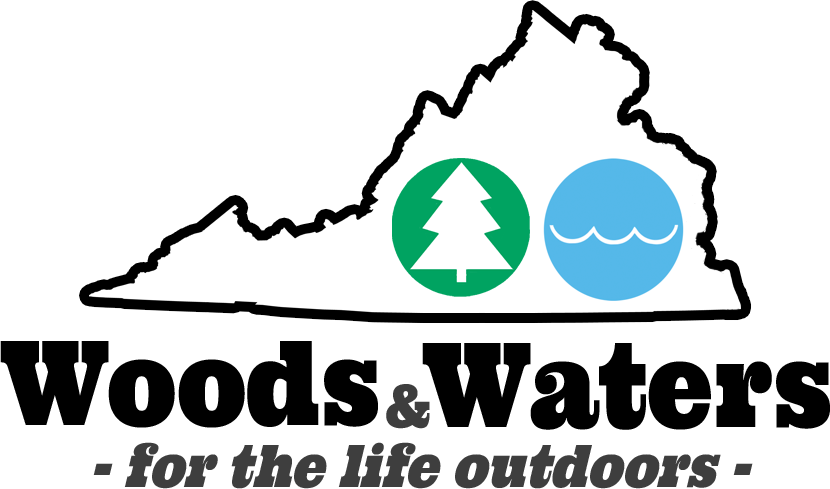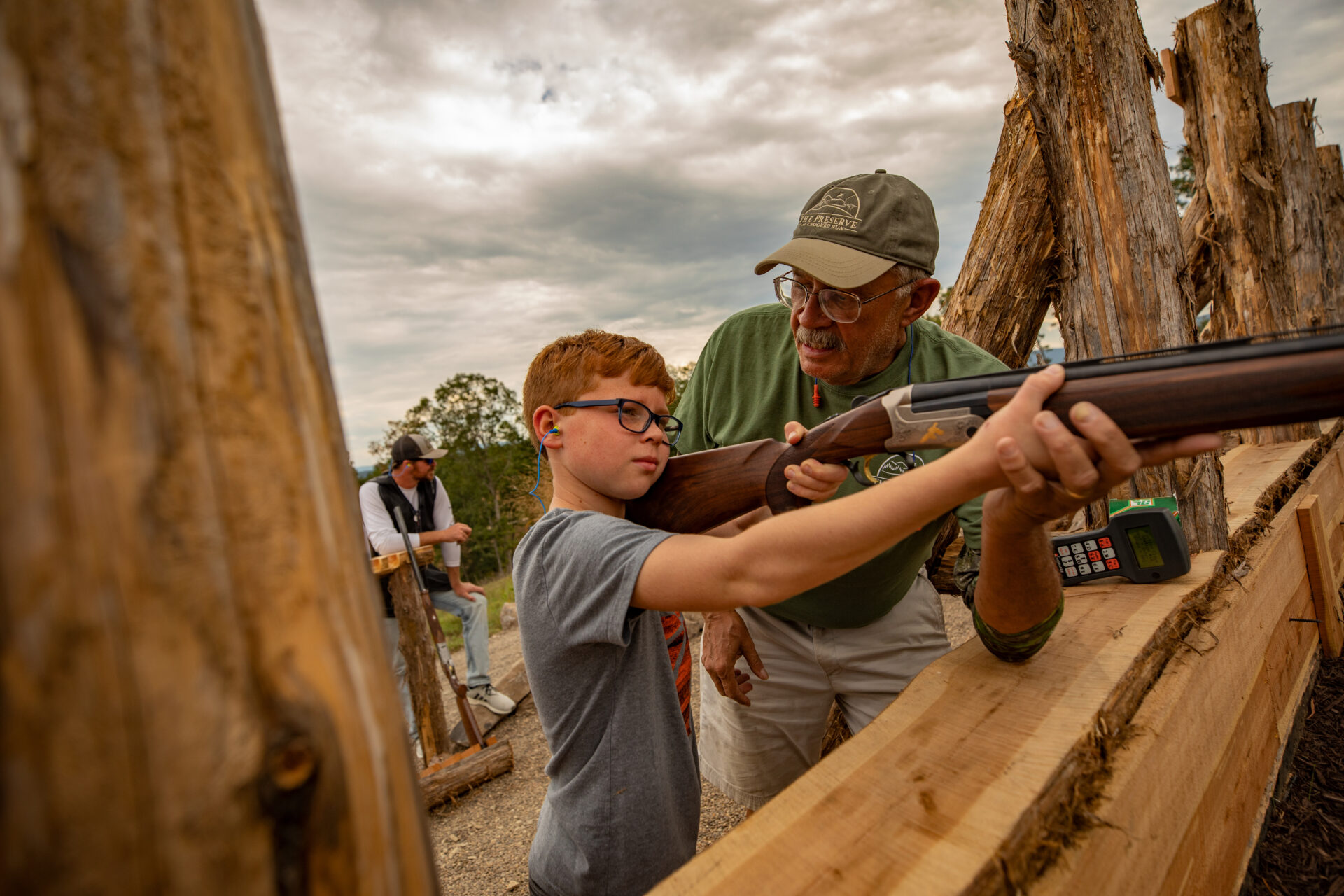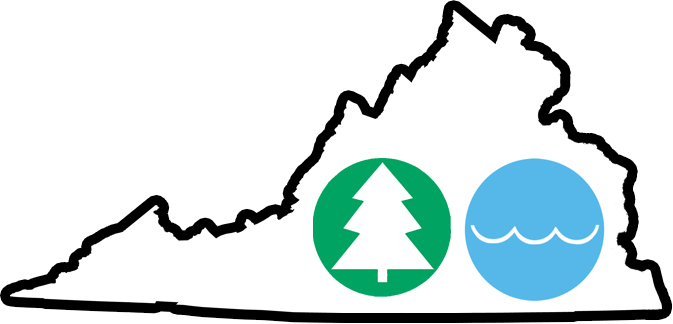This month we feature one of the most influential names in youth hunting and shooting. A man that has spent thousands of hours teaching young folks about shooting, hunting safety and sharing the tradition of upland hunting with others. We are fortunate to have caught up with Edwin (Ed) Lee McCoy and grateful for the opportunity to share his incredible story of giving back with you in this edition of the W2 Profile.
McCoy, a native of Rockbridge County shared the fun fact that he was one of the lucky Virginians to be born in Stonewall Jackson’s home in Lexington, the Old Hospital started by the Ladies of Lexington. At 74 years young he is currently a busy retiree from 45 years in the newpaper business occupation, performing the many duties as lead shotgun/sporting clays/safety instructor and upland bird hunting guide/coordinator for The Preserve at Crooked Run located near Fincastle.
We started our interview by asking McCoy what is it about bird hunting that has held his attention for so long.
“The dogs. I’ve been fortunate to have a few pretty decent bird dogs, all English setters and the last four from the Ryman line. That and the challenge that goes along with ruffed grouse hunting. There’s nothing like fighting through the brush with a dog that has the same desires to be afield that you do.”
McCoy noted he started bird hunting about the time his father began raising English setters, and we asked if that was got him interested in bird hunting?
“My dad took us, my brothers and me, with him on bird hunts. He was an avid outdoorsman and he passed along his passion through hunting, raising bird dogs, as a Boy Scout leader, as a hunter safety instructor and by sharing his mountain property with others,” McCoy shared, “I was fortunate, when our family moved from Mechanicsville near Richmond back to Rockbridge County and to the mountain property Dad inherited. It was a dream come true for me. I’d come home from school, go in the basement door, change clothes and out the back door, and I was hunting. The dogs added a whole new element.”
Another of McCoy’s passions is a 4-H Shooting Education Club and 4-H Hunting Skills program he helped form and current oversees. We asked what made him want to be involved.
“’Made’ is a good way of putting it. I was worn down by a couple of members of the Roanoke Valley Friends of NRA Committee. It was something I thought my son would enjoy since we were outdoor-oriented, so I said yes. I was already doing some shotgun and upland bird hunting ‘instruction’, so I was a natural target for the FNRA guys. Dad had been a 4-H Shooting Education instructor as well, and I’d been helping with shotgun instruction at NWTF JAKES (youth) Events.
“While the 4-H shooting education part was rewarding we were seeing a decline in hunter numbers, when we learned about the Hunting, Wildlife and Outdoor Skills discipline that 4-H offered, so we got training to start the first Virginia 4-H club focused on those skills. Over the years, we’d also had questions (mostly from Moms) about how a son could get involved in hunting since her husband didn’t hunt, but her out-of-the area family did. I believe many saw the camaraderie and closeness hunting brought to their families, much as it does to mine.”
Not familiar with these programs we asked McCoy to elaborate on the 4-H Shooting Club and 4-H Hunting Skills program.
“The Shooting Education Club is focused on teaching responsible firearms and archery skills. The program teaches something similar to the Olympic shooting sports in pistol (air and smallbore), rifle (air and small bore), shotgun (skeet, trap and sporting clays) and archery (Genesis, compound, recurve in target and 3D). All focus on safety, proper technique, responsibility, and for those interested, competition.
“The Hunting Skills program has a great curriculum that addresses safety, ethics, technique, decision making, responsible stewardship, wildlife identification, habitat, and more. The program covers a variety of skills needed for various bird and game hunting.”
We furthermore asked McCoy to share a story about a member of the club’s success?
“Seeing a youth progress through the program is amazing. It’s not only shooting and hunting, it’s 4-H, which builds character and confidence through ‘learn by doing’. An example is a young man who came into the club and worked in all the shooting disciplines before focusing on the shotgun sports. We worked very hard on his approach because he’d get upset about a miss, which would affect his next shots and demeanor. As he progressed, he became quite proficient with a shotgun, qualified for the State 4-H Shotgun Development Team and from there qualified as a member of the State Shotgun Team to shoot in the National 4-H Shooting Sports Championship in Grand Junction, NE. From there, he practiced with a private shooting club team and shot in several regional and state tournaments and did very well. He earned a scholarship to shoot on a college shotgun team, and after graduation this past spring, he was hired as assistant shotgun coach for that college, where he’s also working on his Master’s in Business Administration. He also won his class in the Virginia Sporting Clays Championship this summer. A long-time deer and turkey hunter with his family, I had the privilege of introducing him to his first upland bird hunt a couple years ago. In October he took his first ruffed grouse hunting trip with me to Wisconsin.
“Of course there are others, including ones who’ve shot on college shotgun teams, won state 4-H championships in pistol, qualified to compete in the nationals, become military marksmen and more.”
With such a pedigree McCoy could probably be a star at any shooting preserve in the region. We asked why he choose Crooked Run?
“I got chosen by Crooked Run. I’d retired, had finished writing a book for the local historical society and was considering doing more instruction and fun guiding on the private hunting preserve a friend and I have. When the owners of the preserve contacted me, they were looking for someone who had training credentials for the sporting clays course with an eye on providing upland bird hunting. I had the background they were looking for.
“What I like about Crooked Run is how we manage the habitat. Just like with native habitat, fire is an important component of how we manage, so it’s natural native grasses in the open areas and a regenerating clear cut in the areas we let grow before introducing fire. One hunting area are native wildflower fields, with only a couple acres of any planted “crops” in our 425 acres. To me, it’s more like hunting wild birds because we release birds early and throughout the season. Our pheasant tower shoots (320 at each shoot) leaves lots of birds available for field hunts in the weeks after.”
We asked McCoy how important are the shooting sports to today’s youth in his mind and why, as in what does the shooting discipline teach?
“The shooting disciplines are sports, and can be practiced for fun and/or competition just like any other sport. You work on improving yourself, and you compete as an individual, but you also work on helping teammates and competing as a team.
“In particular, firearms have become the Boogeyman, when it’s how people use them that is the problem. As our culture has shifted, fewer and fewer young people are exposed to firearms by their families, so there’s a loss of respect of what even the simplest firearm can do. Shooting sports addresses that through repetition about safety and safe firearms handling in a simple acronym, MAT, muzzle, action, trigger.
“As a youth progresses through any of the 4-H disciplines, he or she practices MAT at every practice until it’s ingrained. When you go to a state 4-H championship in Virginia, there will be 350 or more qualified youth handling firearms and archery equipment all over the grounds, and nary a worry about a firearm being mishandled. Besides safety, each discipline uses a tried-and- true instructional method that teaches techniques that improve the chance of success in that discipline. Like any other sport, as youth progress, they improve existing techniques and work on improving those techniques. That includes what’s going on between the ears as well.”
McCoy also has an opinion on the current state of grouse hunting in Virginia and the possibility of the bird’s recovery.
“We have a long way to go, but I believe some of the changes that are taking place in managing the 1.5 million acres of national forest in this part of the state is a first step to recovery of grouse populations. Grouse, like so many species, require young forests, early successional, and lots of it. That means logging, but logging got a bad name, and the result is a monoculture of mature public forests.
“I’m on the board of directors for a non-profit that evolved out of the Western Chapter of the Virginia Deer Hunters Association in 2018. The Appalachian Habitat Association focuses on a seven-county area in central western Virginia where several counties are as much or more than half national forest. Our mission is to raise funds to help the US Forest Service Ranger Districts and the DWR wildlife management areas in this area with habitat projects. We also award college scholarships to natural resource students from these counties.
So how does McCoy fund the 4-H Club and the activities? We asked him that, too.
“The past few years, we’ve held Shoot-To-Retrieve Fun Field Trials for pointing dogs to raise funds for the 4-H Club. While Dad worked at field trials, I never did. When the club was looking for a possible fundraiser, we decided there might be enough interest that some folks I knew might want to try a fun field trial. We were fortunate that one of our instructors and a friend, Mike Wolfe, who has the property where our private hunting preserve is, has an uncle who knew all about trials. He guided us through the set-up, the logistics and has judged our trials. What we found was a great interest from bird dog owners who wanted to try a field trial. Some were looking to connect with other bird hunters, and others wanted to support the club. We’ve had great success, and I’ve made some great friends through the field trials. Many now run in every trial they can get to. We run two classes, Derby (puppies) and All Age, with simple judging for pointing, shooting and retrieving. We’ve had 4-Hers who have worked with my or other bird dogs be asked by owners to run dogs in the trial. What a great experience.”



